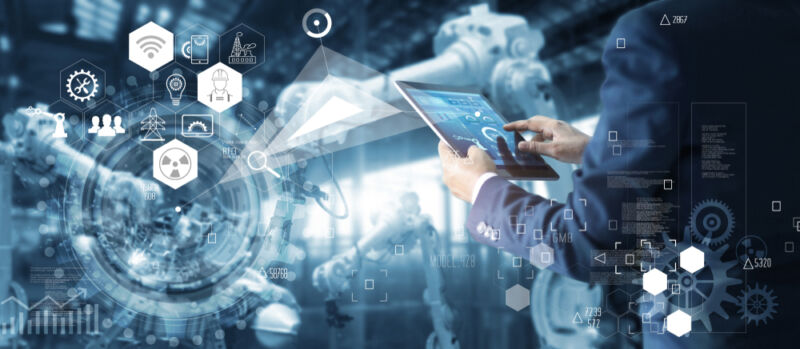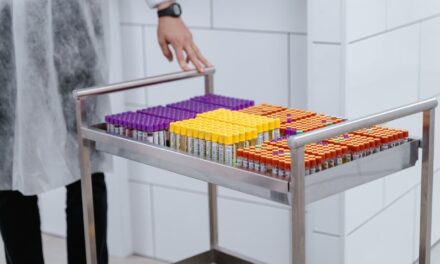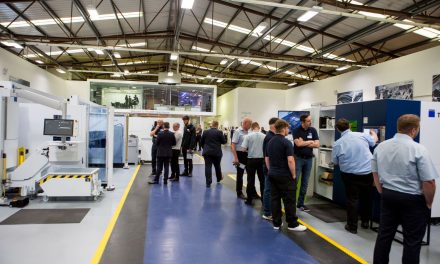As the complex global supply chain logjam continues, two companies are offering customers a better way to strategically use data and technology to maximise competitive advantage.
Analytics and AI leader SAS, and Cosmo Tech, an influential creator of complex simulation and digital twin supply chain technology, have become partners. They will use their collective expertise to build a hybrid -powered digital twin solution that helps connect demand planning and forecasting with production and inventory planning to create more resilient end-to-end supply chains.
“The best way to respond to unplanned events is to anticipate them, and the best way to anticipate them is to model potential responses beforehand,” said Brian Kilcourse, Managing Partner at Retail Systems Research. “The combination of advanced analytics technologies and digital twins makes that possible.”
“For supply chain managers, it’s difficult to predict the impact of a decision, a disruption, or an unexpected event on the entire organisation,” said Hugues de Bantel, Co-Founder and CEO of Cosmo Tech. “SAS and Cosmo Tech’s combined technologies let customers understand in real time not only how organisations are performing but how they will perform even in situations they’ve never experienced before.”
The partners’ joint solution involves the running on SAS Viya and the Cosmo Tech 360 Simulation Platform. The new solution will help build flexibility back into an organisation by analysing the data flowing off devices like RFID tags, production lines and vehicle telematics. The partners will focus initially on supply chains for manufacturing, consumer goods and retail, but the benefits of simulation digital twins apply to many vertical industries from healthcare to financial services.
Dan Mitchell, SAS Global Director of Retail & CPG, said the global crisis reveals how delicate the optimised, consolidated supply chain is: “Looking back on the last couple of years, we can see all the things we thought were inefficient before – multiple distribution centres, carriers and routes – were actually investments in resilience. Consumer goods manufacturers typically rely on just a few analysts and planners to create a multitude of forecasts. Using intelligent automation with machine learning like digital twins allows companies to automate complex tasks so analysts are freed up for more critical work.”




